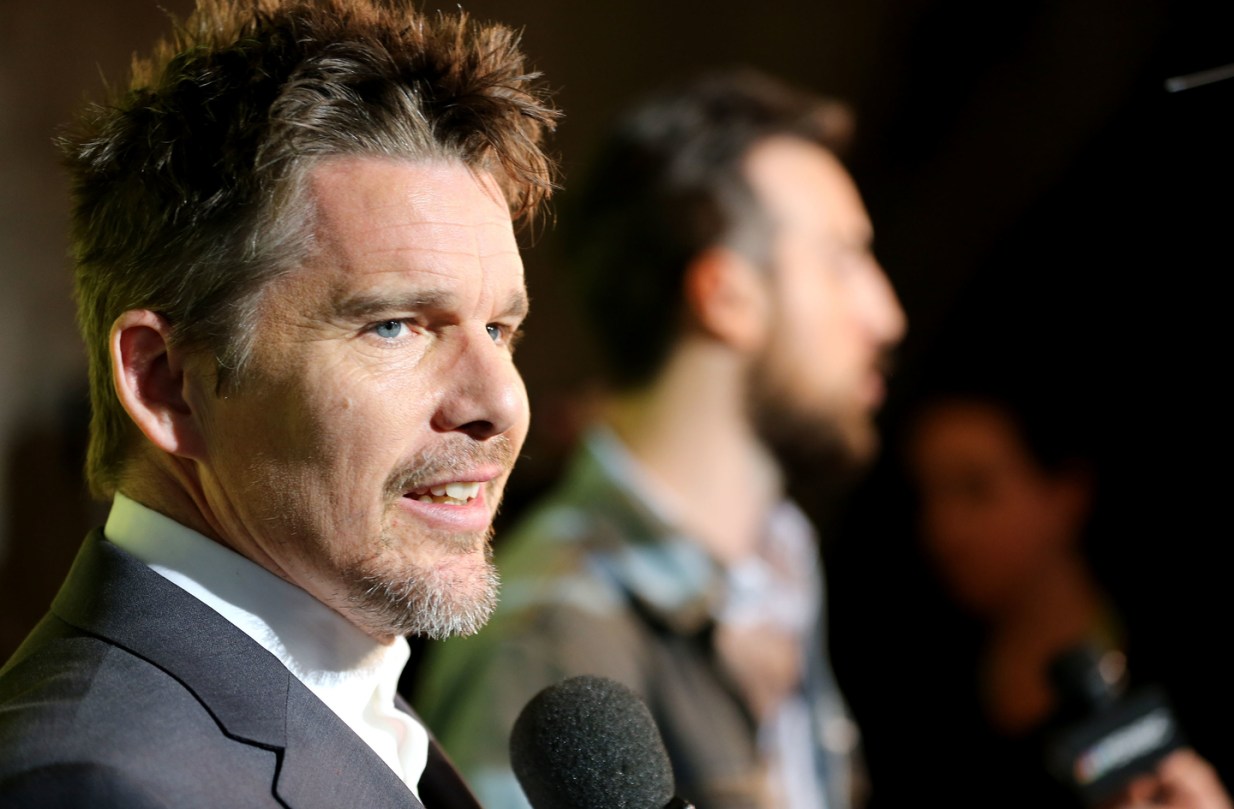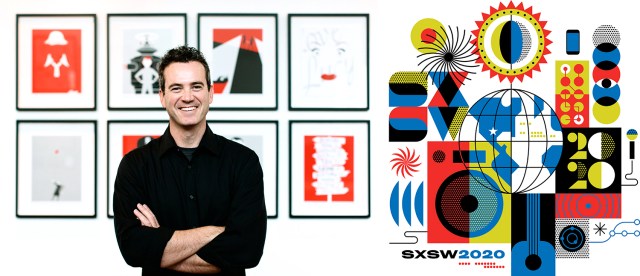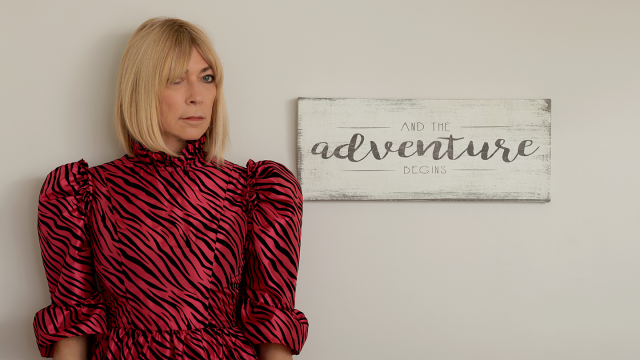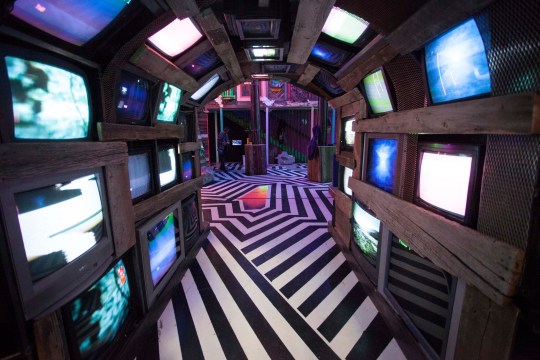That outlaw spirit is something Hawke was exposed to early in life, but was later solidified in his late ’90s work with Richard Linklater on films such as The Newton Boys and Waking Life, both shot in and around Central Texas. “The great thing about being an artist in Austin is that there was a real romance to it that went beyond making it big,” he recalls. “I found it very comfortable when you’d go to Austin and be around all these high caliber artists but they weren’t selling themselves all the time. That’s what Blaze Foley represents to me.”
What he’s found years later is that the sweet spot of feeling free as an artist is in those collaborations. “I grew up watching these Cassavetes movies and wondering what it would be like to make a gonzo movie where you’re really just working with your friends and trying to express yourself,” he muses as he waxes poetic about the genesis of Blaze. It was the early affinity for outlaw country and its spirit that planted the seeds, but it was Hawke’s friendship with musician Ben Dickey (who plays the titular Foley) that brought the film into focus. “I remember doing Before Sunrise, [during which] Linklater told me that he wasn’t going to make the movie if he didn’t find the right two people. He was always kind of looking for the right collaborators.”
This lesson was invaluable in growing what Hawke describes as his “first grown-up movie.” Previous films were born of opportunity, he explains. “I felt like an actor experimenting with directing ... In the last 20 years, I’ve just learned a lot about acting and making movies and this, to me, felt like my first grown-up attempt. It’s a movie that’s really close to my heart and it’s made with everybody I love in the world.”
“The south is not owned by one way of thinking. It’s the same flag Willie Nelson has been waving for 50 years.”
Through his collaboration with his wife and co-producer, Ryan, Dickey, Sybil Rosen (Foley’s former wife and author of the book upon which the film is based), and actor/musician Charlie Sexton (who plays Townes Van Zandt), among others, Hawke has made a film that embodies the roots of that rebellious Austin spirit.
“We found it together,” he recalls of times spent on set, feeling free to be creatively honest. A set that Hawke designed to be “a super relaxed environment” to allow multi-hyphenate artists like Dickey and Sexton to thrive. “I’d write something and Charlie would tell me how unbelievably corny what I wrote was. And I’d say why [I wrote it]. Together we’d find something more honest. It was a way I’d been dreaming of working for a long time. This whole world is something I’ve been meditating on and dreaming about since I was a kid.”
Looking back over his life, it’s easy to see the roadmap that brought Hawke to Blaze. And while so many know him for his work as an actor, perhaps it’s time to see Ethan Hawke for what he has become, an outlaw storyteller. With his friends, he disappeared into Louisiana, shooting a film outside New Orleans and Baton Rouge in places that look and feel like an Austin that no longer exists. Together, they went in search of the right way to tell Blaze’s rollercoaster of a story. What they came back with was, as Hawke describes, “a movie made for SXSW.” The kind of film that reminds us what it truly means to keep, as he says, “that radical rebellion alive.”
Blaze screened as part of the 2018 SXSW Film Festival. Watch the Red Carpet and Q&A below:




